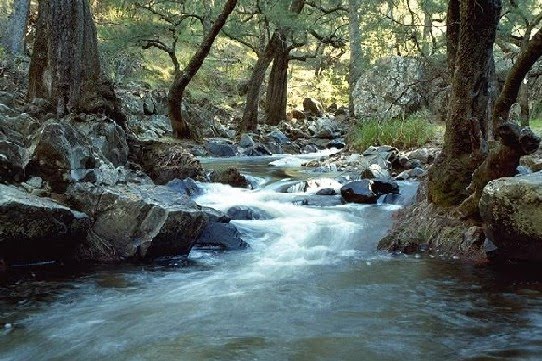If you are not Australian, or, ever been to Australia, you may well be asking "What is it?"
Vegemite is a dark brown Australian food paste made from yeast extract. It is a spread for sandwiches, toast, crumpets and cracker biscuits, and filling for pastries. It is similar to British, New Zealand, and South African Marmite, Australian (US owned) Promite, and to Swiss Cenovis.
Vegemite is made from used brewers' yeast extract, a by-product of beer manufacturing, and various vegetable and spice additives. It is salty, slightly bitter, and umami or malty — similar to beef bouillon. The texture is smooth and sticky. It is not as intensely flavoured as British Marmite and it is less sweet than the New Zealand version of Marmite.
Vegemite is one of the world's richest known sources of B vitamins, specifically thiamine, riboflavin, niacin and folic acid, but unlike Marmite and some other yeast extracts, it contains no vitamin B12. The main ingredient of Vegemite is yeast extract, which contains a high concentration of glutamic acid.
Vegemite container timeline:
As of 2010, Australian Vegemite is now Kosher. However, bottles must be be inspected before purchase for the "K" symbol above the barcode since Kosher Vegemite prior to 2010 was only produced in batches.
Vegemite was mentioned in the lyrics of the worldwide 1982 hit song "Down Under" by Men at Work:
"I said, "Do you speak-a my language?"In John Williamson's song "True Blue", the chorus originally mentioned Vegemite, as shown below. However, the song has since been reworded, in response to publicity pointing out that Vegemite was not Australian owned.
He just smiled and gave me a Vegemite sandwich."
"Is it standin' by your mate,
When he/she's in a fight?
Or just Vegemite/Oh she'll be right
True Blue."
In March 2007, Kraft announced that they were trying to trace the eight original children from the campaign to celebrate the advertisement's fiftieth anniversary and to take part in a new campaign. The 1956 commercial was to be remade with the original children, now grown, to forge a link between "the new generation and the old ad". The media took up the search on Kraft's behalf with all eight children identified in eight days and resulted in many TV specials and interviews in the Australian National media. The 50-year reunion campaign won the Arts, Entertainment & Media Campaign of the Year award at the November 2007 Asia Pacific PR Awards
Well, I've been a bit 'bolshy' today, so I'll leave you with some Australian lore:



No comments:
Post a Comment